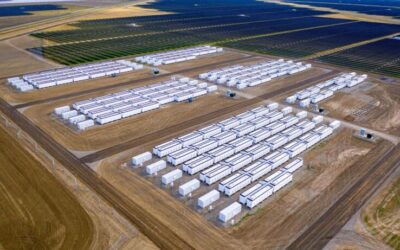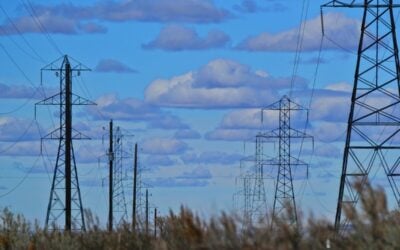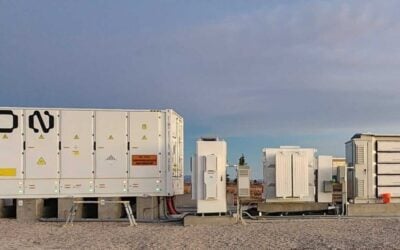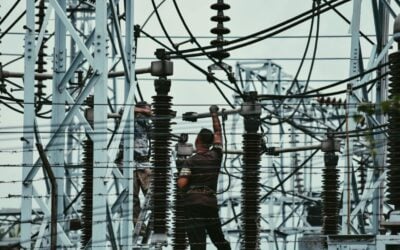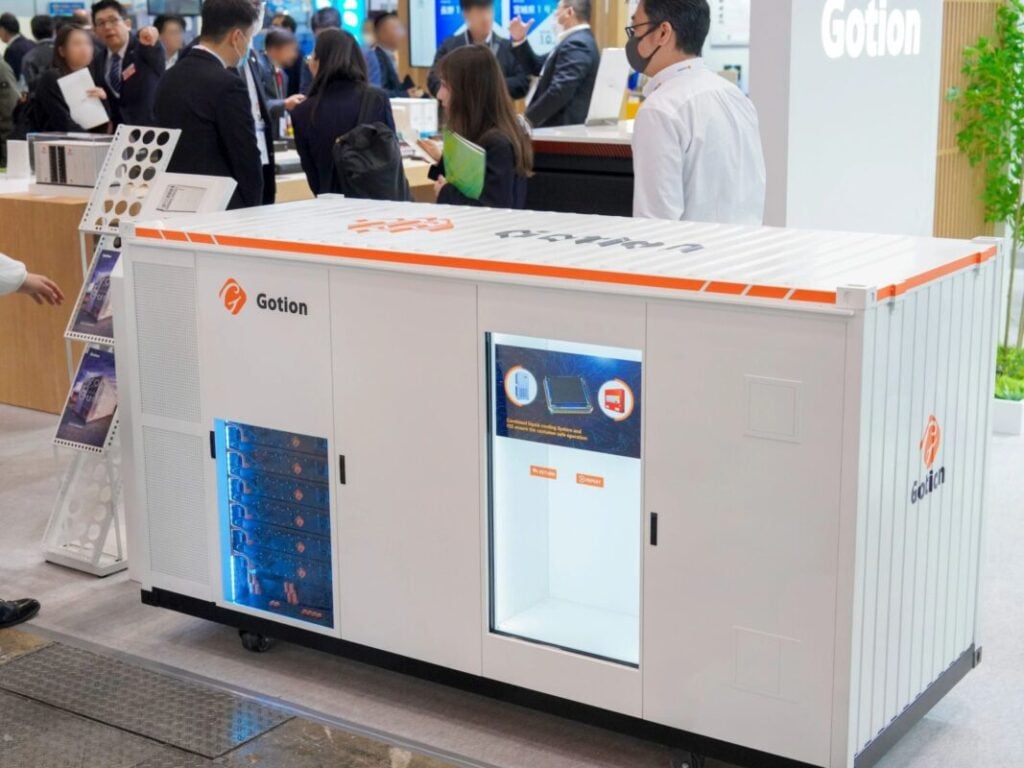
China-based lithium-ion OEM Gotion has launched a 7MWh BESS DC block product and claims over 7GWh of deals already.
The company announced the new battery energy storage system (BESS) 20-foot DC block product, which uses its 650Ah large-capacity energy storage cell, at the Battery Japan 2025 show last month (19-21 February) where it exhibited both technologies.
Gotion said it has signed ‘sales framework agreements with multiple major energy companies and confirmed cooperation plans for over 7GWh’ of orders.
Gotion said on business networking site LinkedIn that the new product has 40% more energy in the same space as a 5MWh system and therefore a 40% smaller footprint.
Try Premium for just $1
- Full premium access for the first month at only $1
- Converts to an annual rate after 30 days unless cancelled
- Cancel anytime during the trial period
Premium Benefits
- Expert industry analysis and interviews
- Digital access to PV Tech Power journal
- Exclusive event discounts
Or get the full Premium subscription right away
Or continue reading this article for free
Drive to ever more energy-dense solutions
Packing more energy into a smaller footprint has been a key driver of the BESS industry’s push to ever higher energy densities, with 5MWh per 20-foot container now the minimum needed to compete, but it isn’t the only driver.
Larger battery cells have contributed to the trend, while another key motivator has been the cost reductions that more energy-dense products bring. More energy inside the box means less cabling, power conversion system (PCS) technology and balance of plant (BOP) equipment needed relative to the size of the project, significantly reducing costs.
System integrator Fluence recently released a new product which it claimed has an ‘industry-leading’ energy density, although it is an AC block (meaning it has integrated PCS) with a different form factor so it’s not apples for apples. Envision meanwhile has announced an 8MWh, 20-foot DC block.
However, higher energy density has some drawbacks. One often cited is more challenging logistics because at 5MWh and upwards, 20-foot containers become too heavy for some roads and conventional transportation and crane equipment. Special equipment or shipping some modules separately and integrating them on-site is one solution.
Other potential downsides include additional noise and fire safety considerations, but the mitigating technology for both appears to be keeping up with those increases, if not outpacing them.

